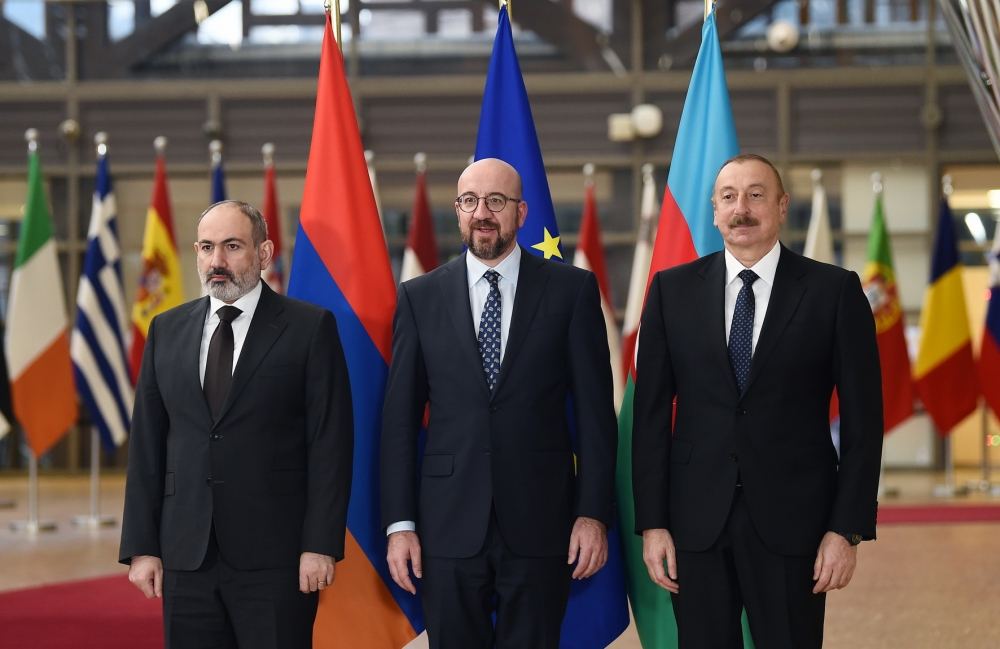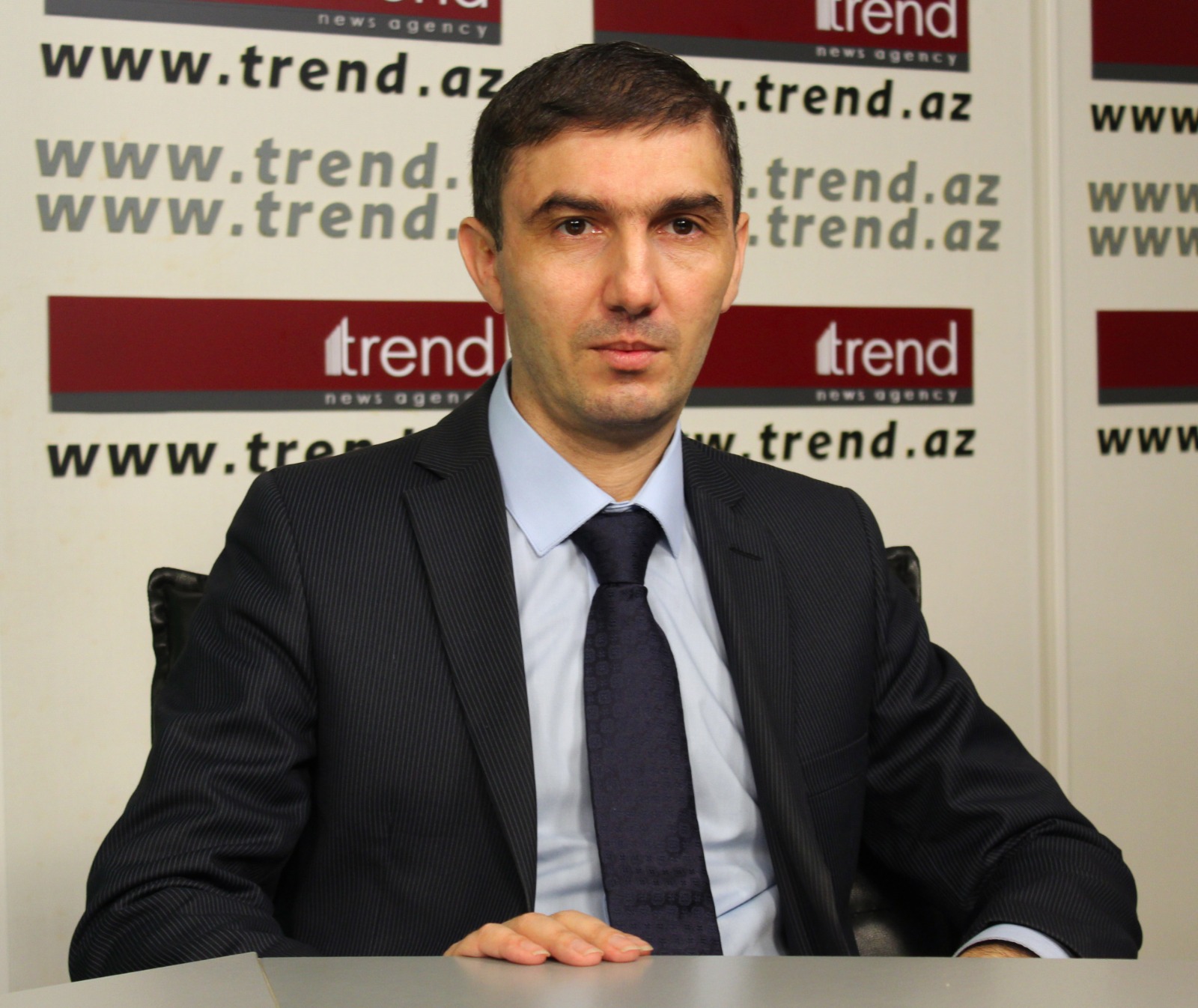BAKU, Azerbaijan, April 8. President of Azerbaijan Ilham Aliyev met with President of the Council of the EU Charles Michel and Prime Minister of Armenia Nikol Pashinyan in Brussels on April 6 and an extremely important statement was made at the end of the trilateral meeting, Member of Parliament (Milli Majlis) of Azerbaijan Ramin Mammadov told Trend.
"I think that one of the most important results for Azerbaijan is related to the five-point proposals put forward by official Baku as the basic principles of negotiations. The continuation of negotiations based on these principles once again confirms the strong position of Azerbaijan,” Mammadov said.
“Each of these five points is fully based on generally accepted norms and principles of international law,” he added.
“Another important point is the significant strengthening of Azerbaijan's international position. The foreign policy strategy determined by President Ilham Aliyev, has made our country a reliable partner in the world, a state pursuing an open policy, responsibly approaching global events, making a real contribution in many cases to solving the problems facing the world," the MP said.
An important result of the Brussels meeting is that a new mechanism is being formed that provides for direct negotiations between Armenia and Azerbaijan. In his opinion, the presence of confidence of both sides in the EU is one of the key factors contributing to the success of the negotiations, Mammadov noted.
"The appearance of a new format at the talks also means that the parties acknowledge that the previous formats do not work. This can also be understood as recognition of the ineffectiveness of the 30-year activity of the OSCE Minsk Group," he said.
According to the MP, Azerbaijan has repeatedly stated that the OSCE Minsk Group should adapt its agenda to new realities, come up with initiatives in accordance with the challenges of the time.
"I believe that this meeting in Brussels is also important because the international community is already confirming the ineffectiveness of the Minsk Group format, although Azerbaijan has been voicing this from the highest tribunes for many years," he said.
The instruction to the foreign ministries of both countries to start preparing a peace agreement and the decision to establish a joint commission on border issues also testify to the sufficient productivity of the meeting, Mammadov added.
The agreements reached at the meeting held in Brussels on the initiative of the President of the EU Council are the result of numerous meetings and telephone conversations between President Ilham Aliyev and Charles Michel after the 44-day second Karabakh war, political analyst Elchin Mirzabeyli told Trend.
"Negotiations held with the President of the EU, who visited Azerbaijan with a representative delegation in July 2021, aimed at achieving sustainable peace and security in the South Caucasus region, the proactive and objective position of Azerbaijan regarding the future of the region are one of the main factors that determine the unbiased approach of the EU to the process" Mirzabeyli said.
The most important result of the trilateral meeting is that the foreign ministers of both countries were instructed to start preparing a peace agreement, which indicates the acceptance of the conditions of official Baku, consisting of five basic principles, he noted.
“The omission of the expression "Nagorno-Karabakh" in the statement and the absence of references to the OSCE Minsk Group and its institution of co-chairmanship represent the unconditional acceptance of Azerbaijan's position expressed in a principled and imperative form on the end of the conflict. The fact that the ministries of foreign affairs of Azerbaijan and Armenia were given instructions regarding the peace agreement speaks of the transition from words to deeds,” Mirzabeyli added.
The final statement of the President of the Council of the EU refers to an agreement on the establishment of a joint border commission of the parties is important in terms of relieving tension on the border section and preventing provocations, Mirzabeyli emphasized.
Also one of the moments demonstrating the acceptance of Azerbaijan's five-point proposals is that at the meeting the parties discussed the restoration of the communications infrastructure, Mirzabeyli noted.
The Brussels meeting inspires great hopes for the intensification of the peace process, the adoption of practical steps towards the speedy implementation of the agreements reached, he added.







